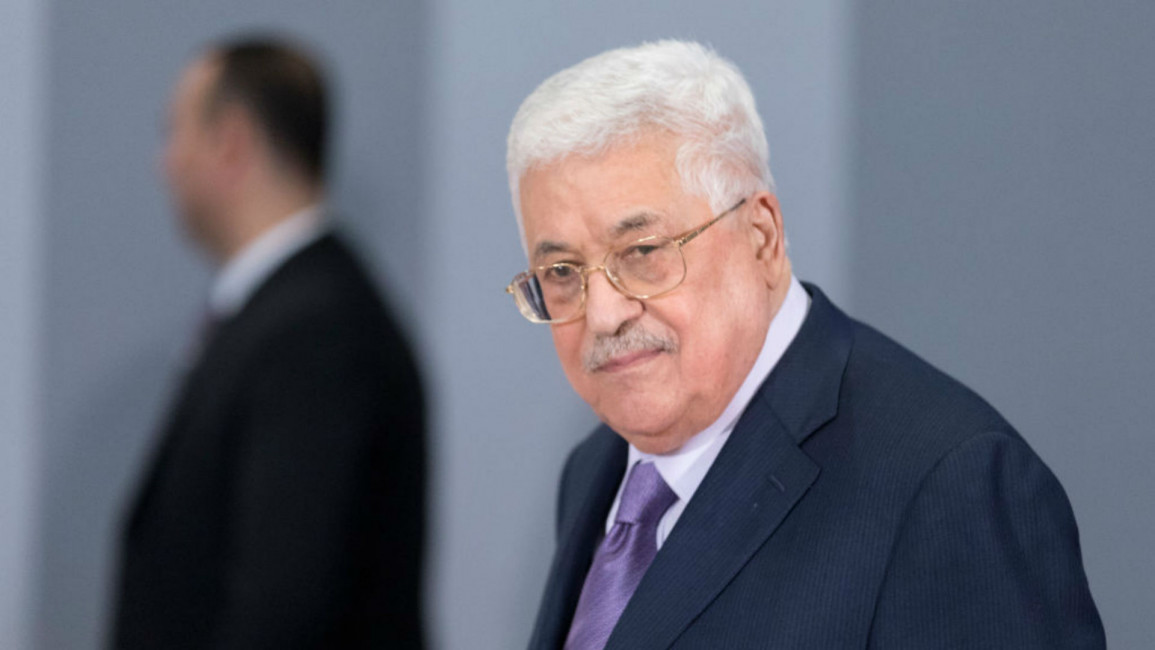Abbas calls for Arab solidarity despite shift towards Israel normalisation
Palestinian President Mahmoud Abbas called on Arab states to show solidarity with his embattled country, despite growing move towards normalising ties with Israel.
Abbas addressed the Arab League in Cairo on Sunday as part of a diplomatic effort to rebuff the Trump administration's so-called "Deal of the Century", which American officials indicate could be released later on in the summer.
"The Arabs need to be engaging actively at this critical time," Abbas, whose presidency expired in 2009, said.
He added Israeli Prime Minister Binyamin Netanyahu does not believe in peace and that Israel - with the encouragement of the US - has not implemented a single international resolution since 1947, according to Palestinian Authority official news agency Wafa.
His appeal came as the Arab League pledged to pay $100 million a month to the Palestinian Authority to plug the gap left when Israel blocked tax transfers earlier in the year.
"We confirm that Arab countries will support the Palestinian state's budget... (to) resist the political and financial pressure it faces," the League said.
Aid in the midst of normalisation
The pledge, however came as various Arab states, including Saudi Arabia, Bahrain and Oman upscale their normalisation with Israel.
Last week, an Israeli delegation cancelled its visit to Bahrain after a domestic outcry at Manama's push to normalisation, which includes Bahrain's Foreign Minister, Sheikh Khalid al-Khalifa backing Israel's right to "defend itself".
In February, Saudi ex-spy chief Prince Turki al-Faisal al-Saud met with an Israeli diplomatic correspondent telling him he wants to visit Jerusalem when he goes to Israel.
A day later, Netanyahu hailed a historic Warsaw meeting where he is joining Arab states, saying they stood united against Iran and voicing hope that cooperation extends to other areas.
The opening dinner Wednesday night of the two-day, US-organised conference marked "a historical turning point", Netanyahu told reporters at the time.
"In a room of some 60 foreign ministers representative of dozens of governments, an Israeli prime minister and the foreign ministers of the leading Arab countries stood together and spoke with unusual force, clarity and unity against the common threat of the Iranian regime," he said.
An Israeli cabinet minister visited Abu Dhabi last year and Oman hosted Prime Minister Binyamin Netanyahu last year.
Officially, Israel only has diplomatic relations with two Arab states, neighbouring Egypt and Jordan.



